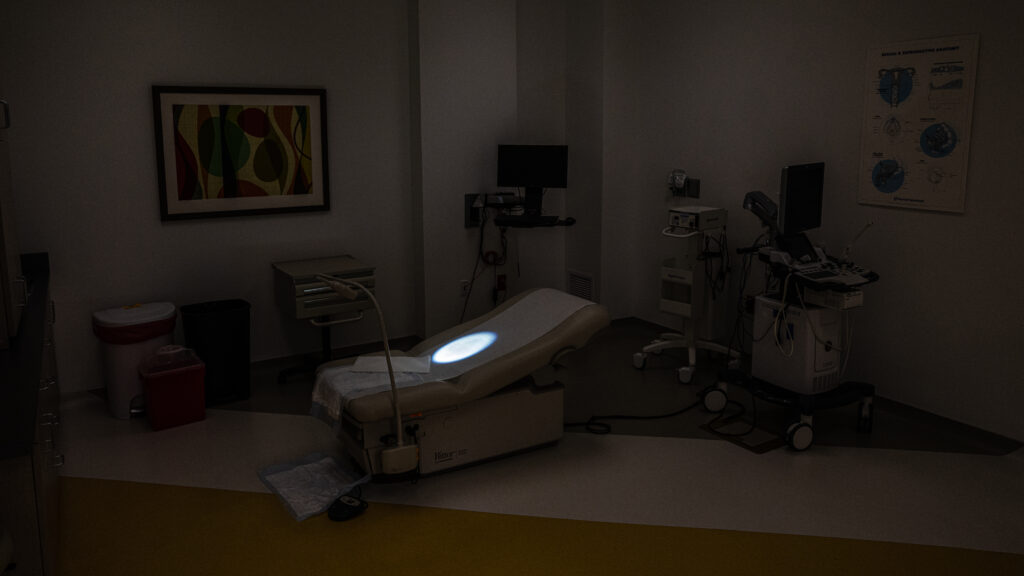WASHINGTON — A massive drive to rally voters around reproductive rights took its first major hit on Tuesday night.
Florida rejected a ballot initiative that would have protected access to the procedure up to a fetus’ viability, reversing the state’s six-week abortion ban. A fetus is viable at around 24 weeks of pregnancy.
advertisement
While it’s the first state initiative on abortion rights to fail since Roe v. Wade was overturned in 2022, there’s a unique barrier in Florida: The state requires 60% of voters to approve amendments to the state constitution, versus the simple majority requirement in many other states.
With most of the ballots counted, 57% of Floridians had voted in favor of the measure, while 43% opposed it, according to the AP. Those figures track with abortion rights ballots in other states: Ohioans last year enshrined abortion rights in the constitution with 57% of the vote.
“As the majority of Florida voters made clear tonight, they want their reproductive freedom back,” Nancy Northup, president of the Center for Reproductive Rights, said in a statement.
advertisement
Republican politicians had tried to distance themselves from Florida’s ban this campaign cycle. Most Americans oppose six-week abortion bans in polling.
Trump previously called the state’s ban “a terrible mistake” this August but later said he would vote against the measure expanding access. On Election Day, he pushed back against reporters who asked how he voted on the measure, demanding they “stop talking about that.”
Nine other states voted on abortion rights on Tuesday, with results still coming in. Maryland, New York, and Colorado, states that positioned themselves as safe havens for access after Roe was overturned, approved measures that further shored up access.
Several others are voting on a constitutional right to abortion up to a fetus’ viability. In Missouri and Nebraska, voters’ approvals of those ballots could reverse current bans.

